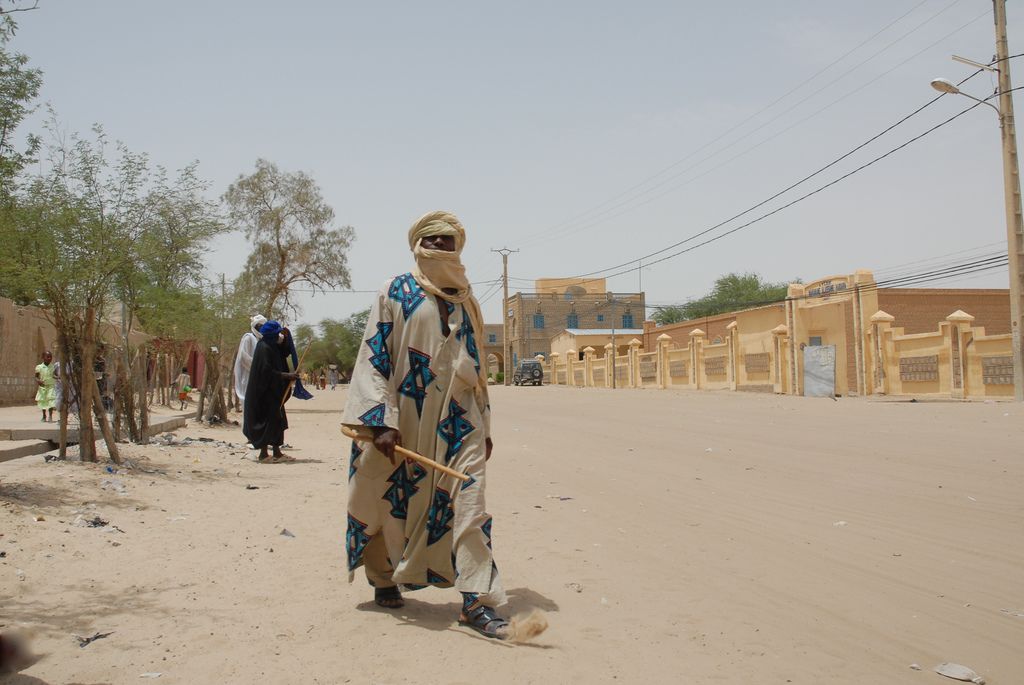Pressure donors to fund early recovery projects to help pastoralists reclaim their livelihoods, says Oxfam’s West Africa disaster head, Philippe Conraud.
Build more wells for livestock along grazing routes to ease pastoralists’ and their animals’ passage across the borders of Niger, Chad, Nigeria, Togo and Benin, says Marc Chapon, head of NGO Agronomes et Vétérinaires Sans Frontières (AVSF) in Mali.
Work with communities to set up animal feed stores along grazing routes to keep healthy animals alive in the lean season; and let communities manage them, says Alice Martin-Dahirou, head of the World Food Programme in Mali. The Mali Livestock Ministry is considering setting up such stores. Vitamin A and animal fodder could be distributed through such a system, as drought warnings emerge.
Encourage pastoralists to keep smaller herds and the government and aid agencies to carry out preventative vaccination campaigns to keep animals healthy, says AVSF.
Organize more cattle markets in the north to enable pastoralists to sell animals in bulk, collectively set prices to accrue higher profits, and be more selective with their buyers. AVSF has helped set up such markets for the mainly Arab traders and pastoralist sellers in the Timbuktu region.
Regularly regenerate pasture land, says Christian Wabnitz, deputy head of the International Red Cross and Red Crescent (ICRC). ICRC will start a cash-for-regeneration project in 2011.
Encourage pastoralists to diversify their incomes to include farming or wage-labour, so between them, family members can better buffer blows, says the ICRC.
The state should better manage access to grazing lands to avoid conflicts between pastoralists, say aid agencies. Some 90 percent of court cases in Mopti, north-central Mali, are land-rights driven.
Speed up progress on an ECOWAS (Economic Community of West African States) emergency food stocks disaster prevention project. This would involve setting up food depots and emergency intervention teams across the region to speed up emergency response, says Col Mamadou Traoré, head of the Civil Protection Unit in Mali.
aj/cb
This article was produced by IRIN News while it was part of the United Nations Office for the Coordination of Humanitarian Affairs. Please send queries on copyright or liability to the UN. For more information: https://shop.un.org/rights-permissions





